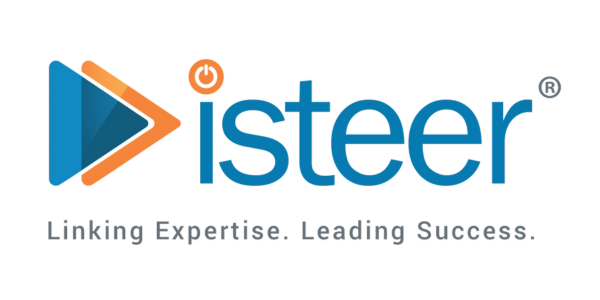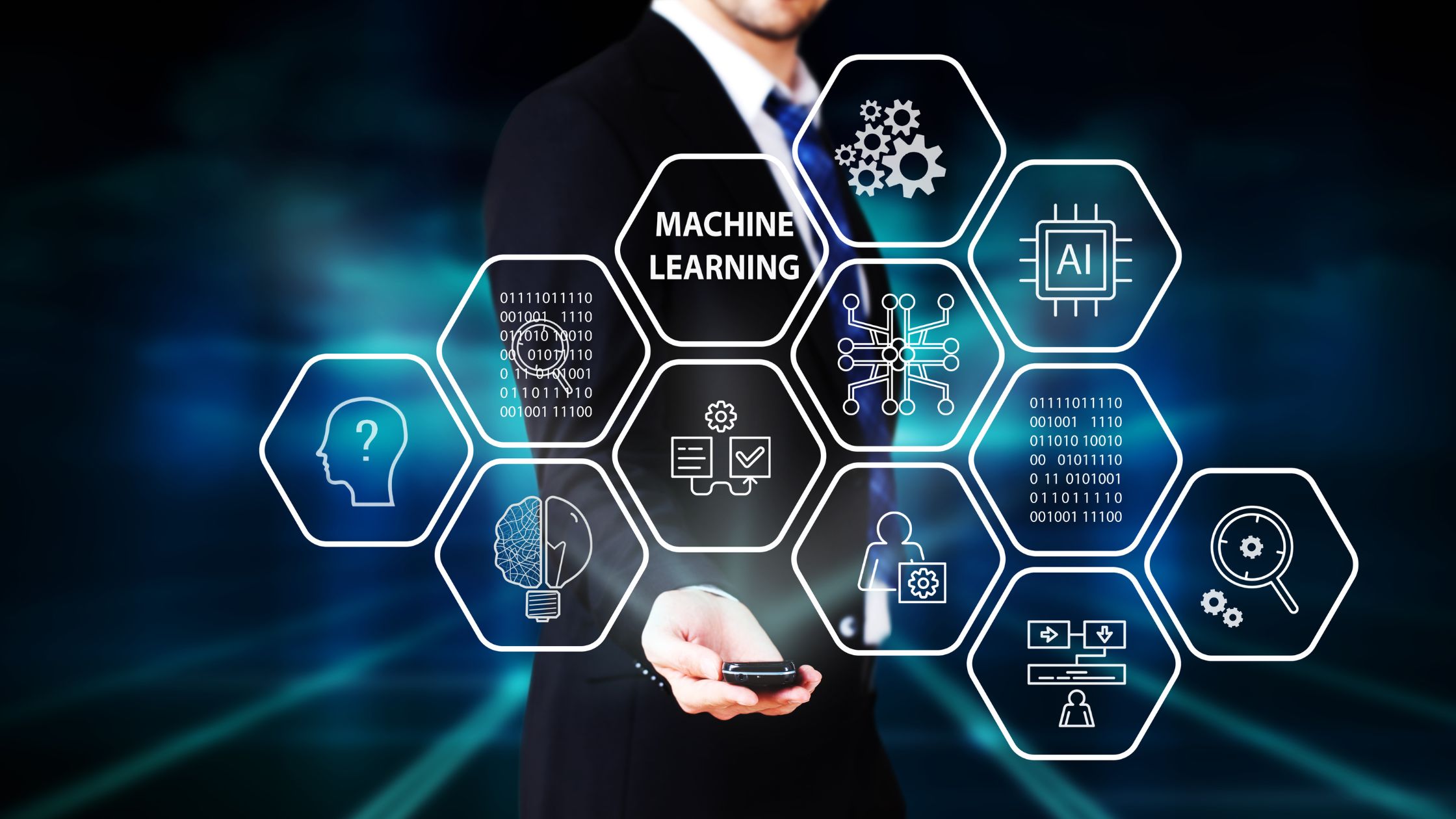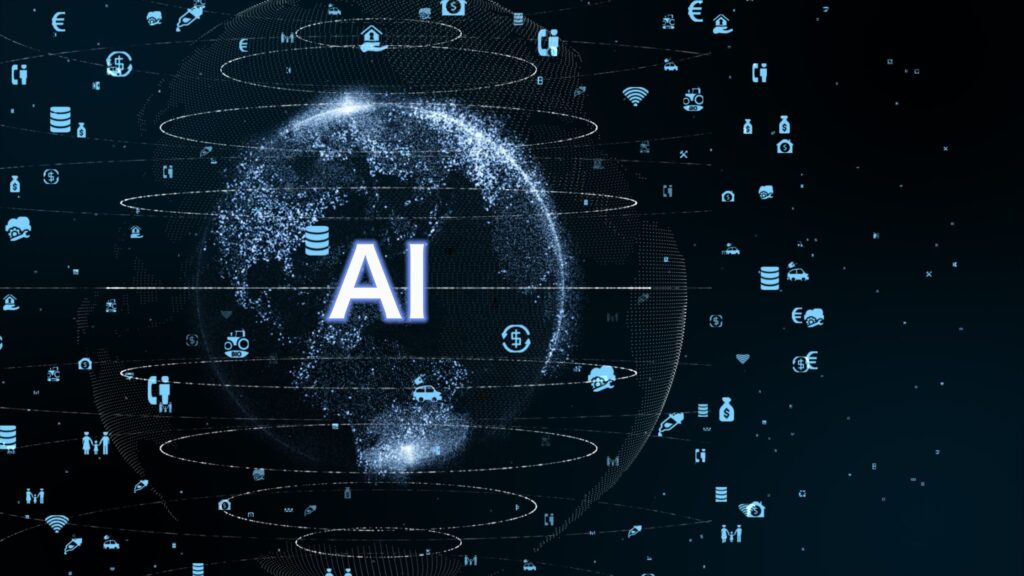Introduction
Artificial intelligence (AI) and machine learning (ML) are at the forefront of technological innovation, driving unprecedented changes in various industries. Artificial intelligence refers to the simulation of human intelligence in machines, enabling them to perform tasks that typically require human intelligence, such as decision-making, language understanding, and visual perception. Machine learning, a branch of AI, entails training algorithms to learn from data and make predictions or decisions. These advancements are boosting accuracy, speed, and innovation in contemporary IT solutions.
Interrelation between automation and efficiency in the business scenario
Automation enhances business efficiency, with AI and ML playing pivotal roles. By automating repetitive tasks, businesses can significantly reduce human error and operational costs while increasing productivity. For instance, AI-powered chatbots can handle customer inquiries 24/7, providing instant responses and freeing up human agents to tackle more complex issues. Similarly, robotic process automation (RPA) uses AI to automate routine tasks like data entry, invoice processing, and compliance reporting.
A notable example is the use of AI in supply chain management. Companies like Amazon utilize AI to optimize inventory levels, predict demand, and streamline logistics. This not only enhances efficiency but also improves customer satisfaction by ensuring timely deliveries and minimizing stockouts.
Predictive analytics and insights
AI and ML are revolutionizing predictive analytics by analyzing past data to gain valuable insights. AI algorithms can identify patterns and trends in historical data. This capability is crucial for businesses to make informed decisions, optimize operations, and identify potential risks.
For instance, in the financial sector, predictive analytics powered by AI can forecast market trends, detect fraudulent activities, and provide investment recommendations. Retailers use AI to predict consumer behavior, enabling them to tailor marketing strategies, manage inventory more effectively, and enhance the overall customer experience. Predictive maintenance in manufacturing is another example where AI predicts equipment failures before they occur, reducing downtime and maintenance costs.
AI and ML’s role in providing personalized customer experiences
Personalization is key to modern customer service, and AI and ML are making it more achievable than ever. These technologies analyze customer data to understand preferences, behaviors, and purchasing patterns, enabling businesses to offer highly personalized experiences.
Netflix uses AI and ML to analyze viewing habits and recommend personalized content, boosting user satisfaction, engagement, and retention. Likewise, Amazon and Alibaba use AI for personalized product recommendations, enhancing the shopping experience and increasing sales.
AI and ML’s role in ensuring security and risk mitigation
Security is paramount for businesses, with AI and ML playing crucial roles in protecting data and minimizing risks. These technologies excel at swiftly identifying and addressing threats, surpassing conventional methods in speed and accuracy. They enable proactive measures to safeguard sensitive information effectively.
For example, banks and financial institutions use AI to detect and prevent fraud by analyzing transaction patterns and flagging suspicious activities in real time. A notable case is JPMorgan Chase, which employs AI to enhance its cybersecurity measures, identifying potential threats and vulnerabilities before they can cause significant damage.
In addition, AI-driven security systems can predict and prevent cyberattacks by analyzing vast amounts of data from various sources, identifying anomalies, and taking proactive measures to mitigate risks. This not only enhances security but also provides businesses with peace of mind, knowing that their sensitive data is protected.
Challenges and considerations
Despite the numerous benefits, the adoption of AI and ML comes with challenges and ethical considerations. One significant challenge is the need for large volumes of quality data, which can be difficult to obtain and manage. Additionally, the complexity of AI and ML algorithms requires specialized skills and expertise, posing a barrier for some businesses.
Ethical concerns are crucial. Issues like data privacy, algorithm fairness, and job impact must be addressed. Businesses need transparency in AI practices, safeguard data integrity, and reduce biases in AI models.
Future trends to watch out for
The future of AI and ML is promising, with several trends poised to shape the industry. These include advancements in natural language processing (NLP), enabling more sophisticated interactions between humans and machines; the integration of AI with the Internet of Things (IoT), enhancing connectivity and automation; and the rise of explainable AI, which aims to make AI decision-making more transparent and understandable.
Additionally, edge AI, which involves processing data on local devices rather than centralized servers, is expected to gain traction, improving response times and reducing bandwidth usage.
Conclusion
AI and ML are revolutionizing modern IT solutions, driving automation, enhancing predictive analytics, personalizing customer experiences, and ensuring robust security measures. These technologies are not without challenges, but with careful consideration and ethical practices, their potential is immense.
At iSteer, we are committed to harnessing the power of AI and ML to deliver innovative IT solutions that drive business success. Our expertise in these technologies enables us to help our clients stay ahead of the curve, ensuring they remain competitive in an ever-evolving digital landscape.
To learn more about data analytics, visit our website: www.isteer.com or write to us at: sales@isteer.com






